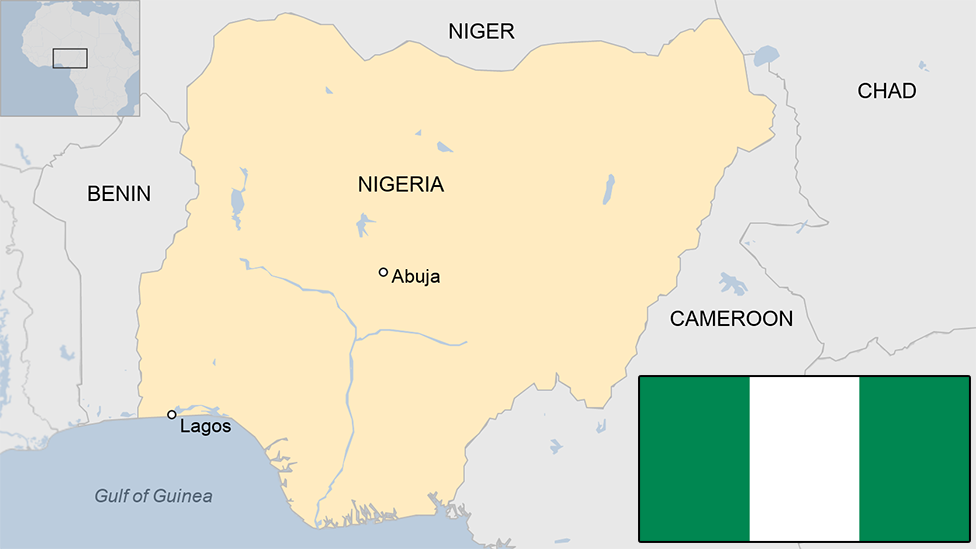Ghana country profile
- Published
This page is no longer being updated. It was last updated on 7 January 2025
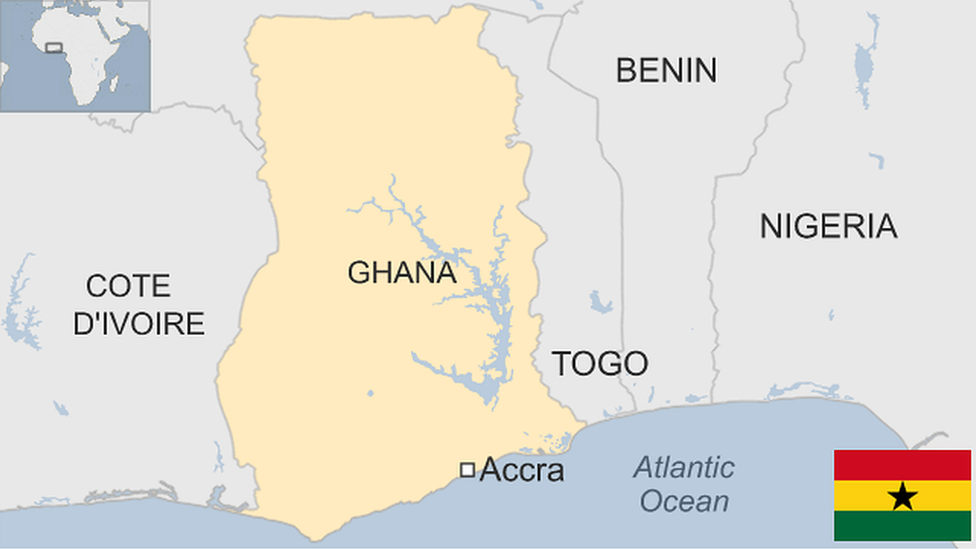
Ghana is considered one of the more stable countries in West Africa since its transition to multi-party democracy in 1992.
Formerly known as the Gold Coast, Ghana gained independence from Britain in 1957, becoming the first sub-Saharan nation to break free from colonial rule.
Gold, cocoa and more recently oil form the cornerstone of Ghana's economy and have helped fuel an economic boom.
The country is named after the great medieval trading empire that was located northwest of the modern-day state until its demise in the 13th century.
Read more country profiles, external - Profiles by BBC Monitoring, external
REPUBLIC OF GHANA: FACTS
Capital: Accra
Area: 238,535 sq km
Population: 32.1 million
Languages: English, Dagaare, Dagbanli, Dangme, Ewe, Frafra, Ga, Gonja, Nzema, Twi, Fante
Life expectancy: 63 years (men) 65 years (women)
LEADER
President: John Mahama
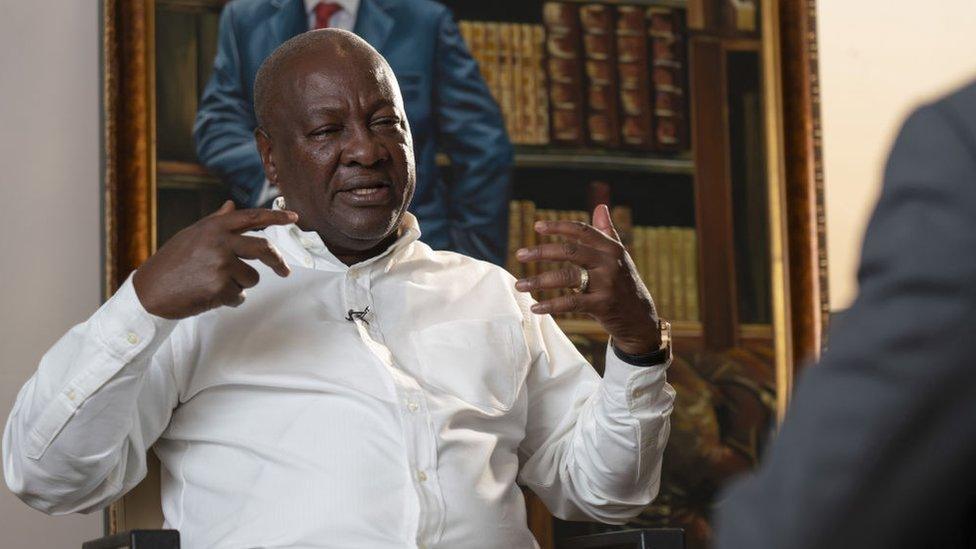
John Mahama won the December 2024 presidential elections by a landslide, defeating Vice-President Mahamudu Bawumia by 56.6% to 41.6% of the votes, notching up the biggest margin of victory by a candidate in 24 years.
Yet following eight years in opposition he is under enormous pressure to meet voters' expectations, after more than three years of economic misery.
Mahama's party, the National Democratic Congress (NDC), also managed to land an overwhelming majority in parliament, securing 183 seats out of 276.
Ghana's economy hit rock-bottom in 2022, causing a cost-of-living crisis that shredded the vice president's reputation as an "economic whizz-kid" - and led to his defeat at the hands of Mahama.
The International Monetary Fund (IMF) has disbursed about $1.9bn to support the country's economic recovery since Ghana signed onto the programme in 2022.
Ghanaian economist Prof Godfred Bokpin told the BBC the challenges facing the government were huge.
"What Ghana needs right now is credible leadership, lean government and efficiency in public service delivery. Without that, there cannot be a future," he said.
MEDIA
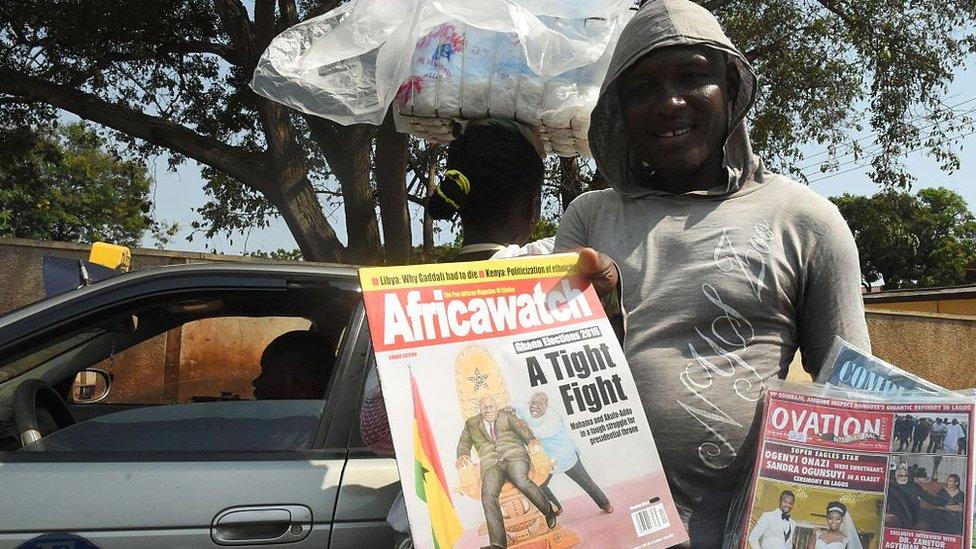
Ghana enjoys a high degree of media freedom, and the private press and broadcasters operate without significant restrictions.
Radio is Ghana's most popular medium, although it is being challenged by increased access to TV.
TIMELINE
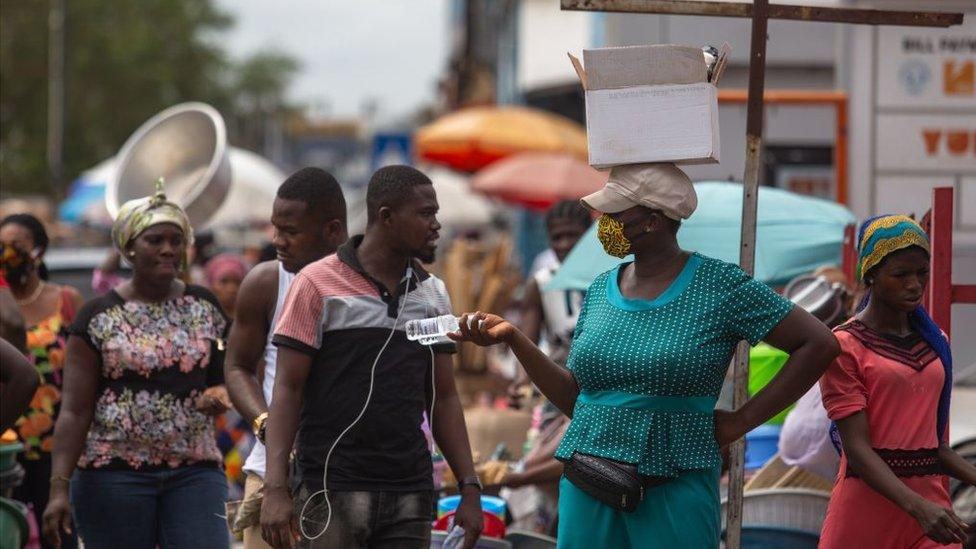
Ghana is considered one of the more stable countries in West Africa
Some key dates in Ghana's history:
12th Century - Various states established by the Akan people emerge and develop the gold trade.
1482 - Portuguese and later other European states set up posts to trade gold with the Akan states.
1500s - Transporting slaves overtakes gold as the main export in the region.
1600s - Dutch, English, Danish, and Swedish settlers arrive; slave trade becomes highly organised.
1642 - The Portuguese relinquish their territory to the Dutch and leave the Gold Coast.
1701 - Asante king Osei Tutu oversees a massive territorial expansion, backed by a disciplined royal and paramilitary army. The Asante or Ashanti Kingdom dominates the area for the next two centuries.
1807 - British ban on slave trade becomes effective.
19th Century - Sees a series of power struggles between Britain and Ashanti Kingdom for control of the area.
1821 - British Gold Coast colony established, after UK takes over the interests of other European countries. Britain steadily expands its colony through the invasion and subjection of local kingdoms.
1822-24 - First Anglo-Ashanti War.
1850 - Britain purchases and incorporates the Danish Gold Coast into its colony.
1872 - Britain acquires the Dutch Gold Coast.
1873-74 - Second Ashanti War; British sack the Ashanti capital Kumasi.
1893-94 - Third Ashanti War.
1895-96 - Fourth Ashanti War.
1900 - Ashanti Uprising. British forces capture Kumasi. Ashanti lose their independence.
1901 - British Gold Coast colony incorporates all the kingdoms and tribes into a single unit.
1948 - Rioting after British colonial police kill three World War Two veterans during a protest march demanding compensation for their war service. It becomes a milestone in Ghana's struggle for independence.
1957 - Independence for the state now called Ghana, this unifies the Gold Coast, Ashanti, the Northern Territories, and British Togoland as one single country.
Ghana is the first country in black sub-Saharan Africa to shake off colonial rule, inspiring liberation struggles around the continent. Kwame Nkrumah becomes prime minister.
1964 - Nkrumah represses political opposition; Ghana becomes a one-party state, with Nkrumah as president for life.
1960s - Nkrumah promotes the concept of Pan-Africanism, which merges the teachings of Jamaican politician Marcus Garvey's "Back to Africa" movement, the US's Martin Luther King and Ghana's WEB Du Bois, and plays a key role in founding of the Non-Aligned Movement,
1966 - Army overthrows Nkrumah and establishes military rule. A series of alternating military and civilian governments, affected by economic instabilities rule Ghana from 1966 to 1981.
1981 - Flt Lt Jerry Rawlings takes power. In the mid-80s he oversees economic and gradual political reforms.
1992 - New constitution, multi-party politics is restored.
1994-95 - Interethnic fighting in northern Ghana sees 1,000-2,000 people killed
2007 - Major off-shore oil discovery announced.
2010 - Offshore oil production starts.
2017 - Ghana and Ivory Coast set up a commission to implement an international ruling on a maritime border dispute involving oilfields.
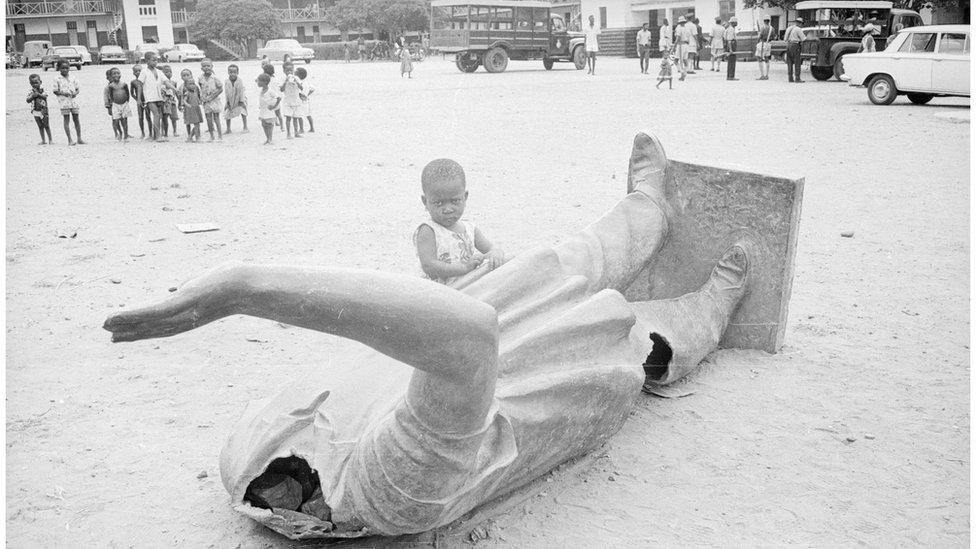
Kwame Nkrumah inspired Africa's independence movement but became a dictator and was overthrown in a coup in 1966
- Published24 July 2023
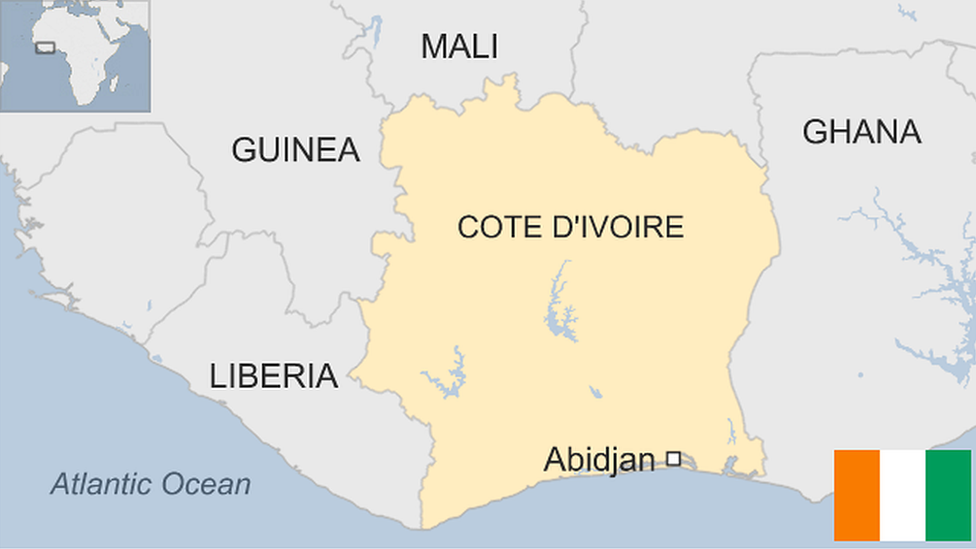
- Published26 February 2024
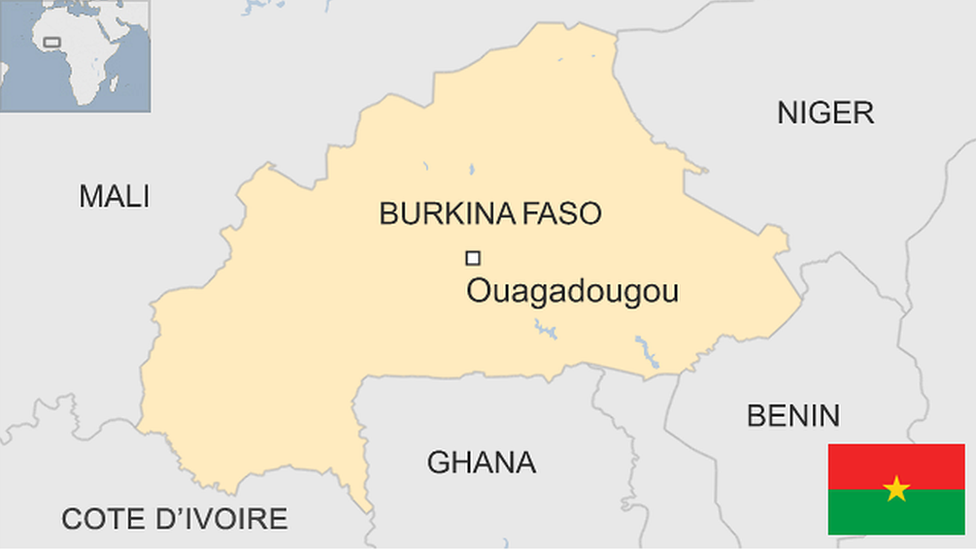
- Published21 May 2024
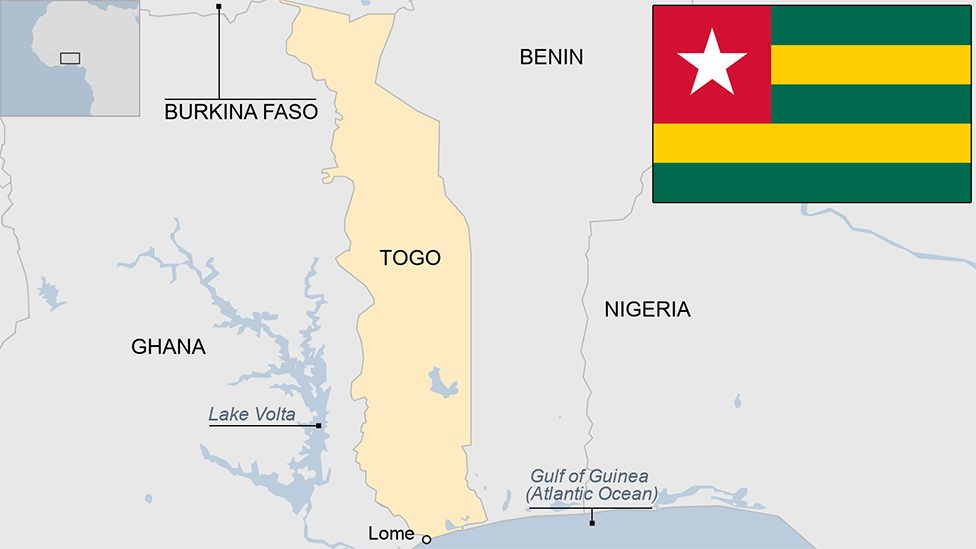
- Published28 July 2023
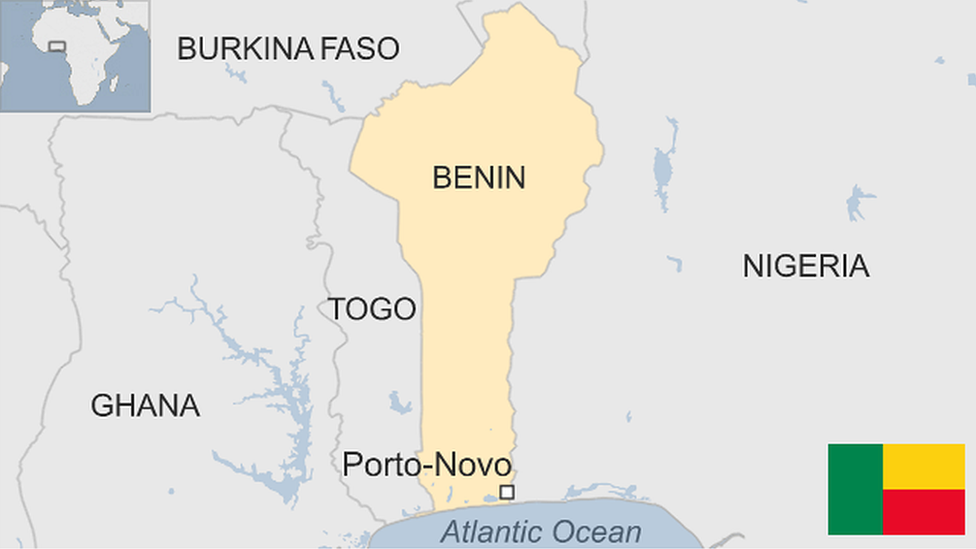
- Published28 July 2023
